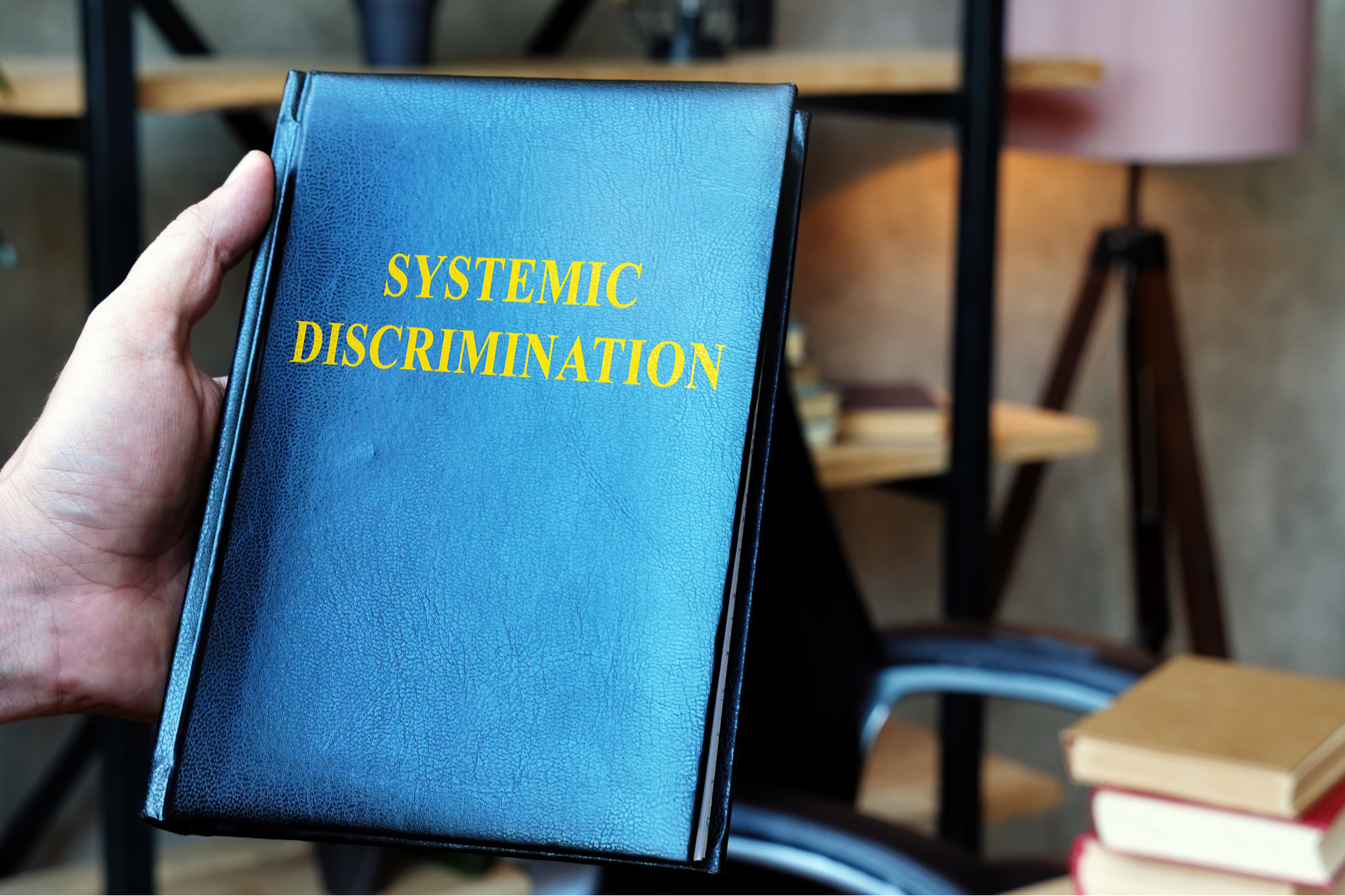
Systemic racism maintains the status quo of racial inequality. For example, sometimes faculty, superficially concerned about diversity, voice concerns about “quality” when reviewing graduate school applications -- implicitly dismissing many applications from students of color.
“You hear faculty saying ‘I care about diversity issues, but I’m also concerned about 'quality,’” said Marybeth Gasman, the Judy and Howard Berkowitz Professor in the Graduate School of Education and Director, Penn Center for Minority Serving Institutions at the University of Pennsylvania. “The word ‘quality’ is used to dismiss people of color who are otherwise competitive for grad school.”
The ‘quality’ myth
In her years of professional experience, Gasman has noticed that these concerns are usually raised by people who aren’t overtly racist.
“The ones who invoke ‘quality’ as a wall are usually people who consider themselves liberal and say they care about equity and access, but they only care to a certain degree,” Gasman said. “‘Quality’ is a code word for racism. Have you ever heard people say ‘the neighborhood’s changing’? That’s a code word for too many black and brown people. 'Quality' is used similarly."
Preoccupation with prestige tends to mean that the application is put into the rejection pile because the applicant doesn’t have the institutional pedigree the faculty wants -- the applicant didn’t have the right mentor, the right connections, or go to the right college (for example, a Historically Black College or University or Hispanic Serving Institution is often not considered selective). However, students of color typically don’t have the same access to highly-selective institutions for their undergraduate degrees.
“Hardly anyone can get into these institutions because they didn’t come from an affluent family; they didn’t have the right preparation,” Gasman said. “Objections based on ‘quality’ reinforce systemic racism; they ensure that the only way you can get ahead is through social capital.”
In Gasman’s experience, this happens even at non-selective institutions. And it’s ironic, she says, because often the faculty reviewing the applications don’t come from particularly prestigious institutions themselves.
Gasman added, “I always tell people: the only time you should bring up the word ‘quality’ in conversations about diversity is if you are saying ‘We would be a higher-quality institution if we were more diverse.”
Challenging the status quo
Faculty perpetuate the status quo through their choices, Gasman observed.
“It’s important because 76 percent of faculty on college campuses are white,” Gasman said. “I often hear them say ‘I just want to advise someone like me.’ But if faculty and staff bring in ‘someone like me,’ that means we maintain a white campus.”
Most faculty don’t have any training or experience to be on a selection committee, and often they don’t think they need training. However, their decision-making processes are supported by administrators who can offer professional development for faculty.
“Administrators need to find creative ways to get faculty to want to learn and participate in training,” Gasman said. “Faculty often think they don’t need training -- they’re too smart -- so we have to call it something else. But we have to get faculty (and I’m faculty, by the way) to understand that evoking the word ‘quality’ is to dismiss people of color.”
4 more diversity myths
Gasman will share “The Five Myths About Recruiting Graduate and Professional Students and Diversity,” including further insights on the “quality” myth, at the Graduate and Professional Schools Luncheon at the AACRAO Annual Meeting, March 25-28, 2018 in Orlando. Register now.